Summer is here and school is out! While this break can be relaxing, it is important to check in on your child’s mental health and ensure they’re doing well without support from people at school. During this time, children are not surrounded by their teachers, friends or counselors who interact with them every day and can tell when something is off. When your child is at school, you can rely on these individuals to let you know if there is a problem. But when you no longer have those additional sets of eyes, they can easily miss the signs of their child struggling.
This new downtime can be very overwhelming and lonely for your child, leading to mental health challenges. Here are some tips to help you support your child’s mental health during the summer break:
- Check in with your children and ask them open-ended questions about how they’re feeling.
- Are you feeling connected with your friends?
- How are you feeling now that school’s out?
- How do you feel in general?
Let these questions guide you through a casual conversation with your child and reassure them that you’re there to support them. During this conversation, you could also learn how to better support your child.
- Help your child create a routine.
Summer break can be overwhelming, and the school year provides structure that keeps children occupied. Try to create a similar experience at home, like routinely getting exercise or social activity so they’re not constantly bored and alone. Make sure your child is getting outside the house and interacting with people in-person, not just online.
- Keep an eye on sudden mood changes.
Be sure to keep an eye out for sudden mood changes and overall irregular behavior from your child. Are they suddenly withdrawn, irritable, quiet, sad, tearful? This, too, can be a sign they’re not doing well. Use these sudden changes as indications that you need to be checking and digging a little deeper because something may be going on.
- Contact a doctor.
If your child’s mental health is not improving, don’t hesitate to contact your pediatrician or a therapist to get the help they need. This way your doctor can help you to take more steps if necessary.
 https://riseandshine.childrensnational.org/wp-content/uploads/2024/08/mom-scolding-child-feature.jpg
300
400
webteam
https://riseandshine.childrensnational.org/wp-content/uploads/2017/11/childrens_riseandshine_logo.jpg
webteam2024-08-08 14:25:112024-08-15 13:25:23How do I deal with a 6-year-old who screams, tantrums and hits?
https://riseandshine.childrensnational.org/wp-content/uploads/2024/08/mom-scolding-child-feature.jpg
300
400
webteam
https://riseandshine.childrensnational.org/wp-content/uploads/2017/11/childrens_riseandshine_logo.jpg
webteam2024-08-08 14:25:112024-08-15 13:25:23How do I deal with a 6-year-old who screams, tantrums and hits?


 Laura Gray, PhD, was a clinical psychologist at Children's National Hospital.
Laura Gray, PhD, was a clinical psychologist at Children's National Hospital.



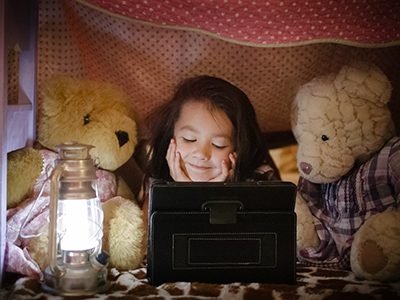


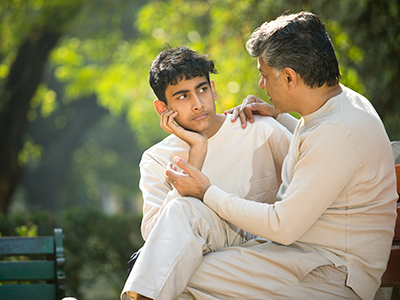


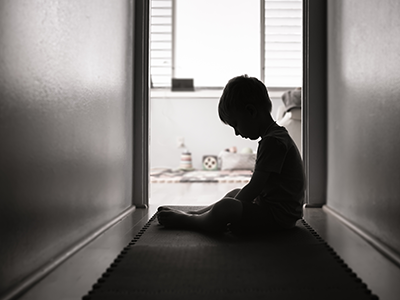
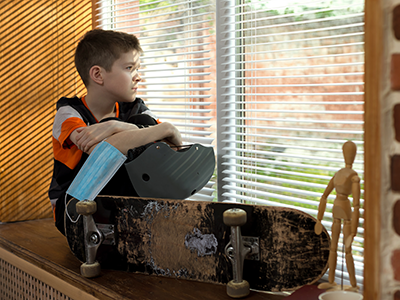
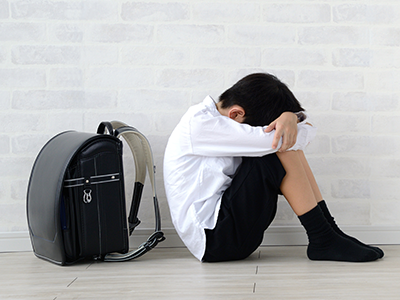
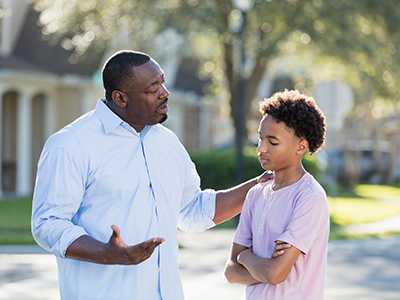
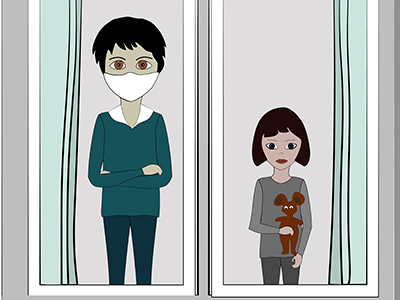
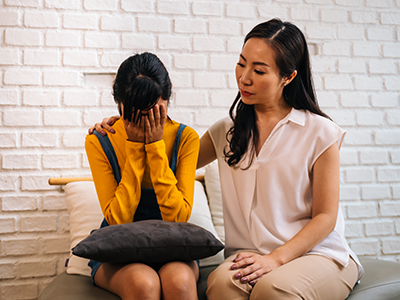
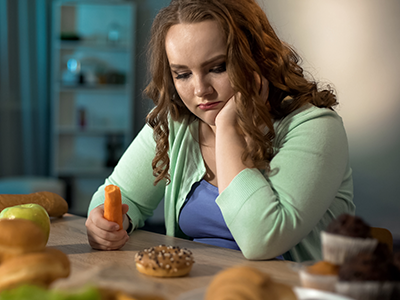


Leave a Comment
Want to join the discussion?Feel free to contribute!